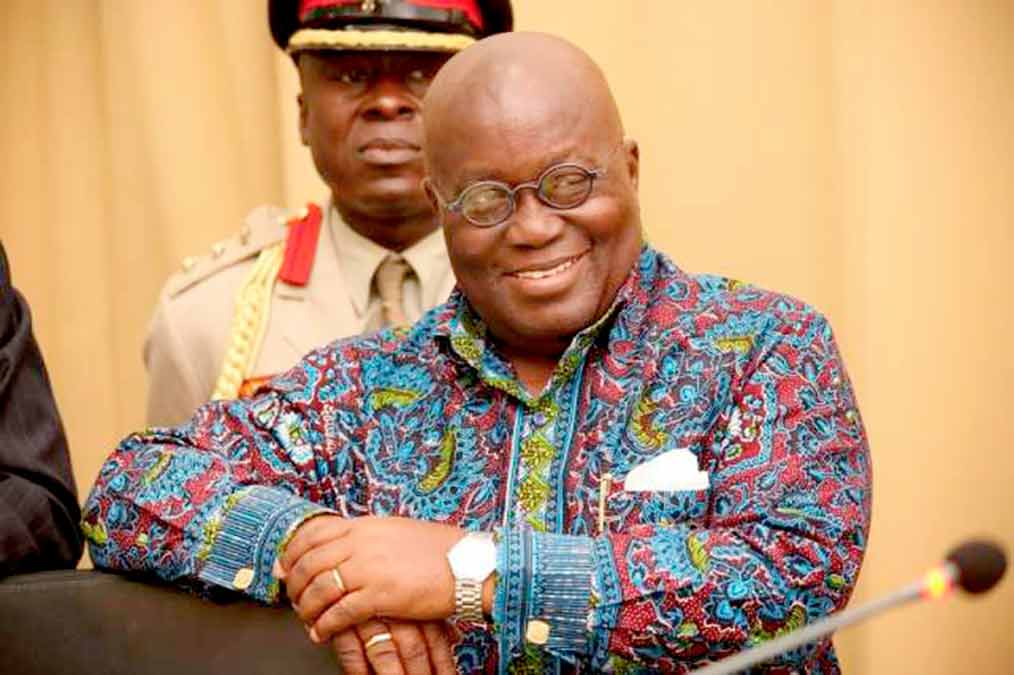
Ghana improves on human devt index — Report
Ghana ranked 142 among 189 countries in the latest Human Development Index (HDI) released by the United Nations Development Programme (UNDP) Human Development Report (HDR).
Within sub-Saharan Africa, Ghana’s HDI value of 0.596 is above the average of 0.541 in the region, with Cameroun and Kenya with a similar population size being ranked 150 and 147 respectively.
Advertisement
Between 1990 when the first report was done, and 2018, Ghana’s HDI value increased from 0.454 to 0.596, representing an increase of 31.1 per cent, which put the country in the medium human development category.
The HDI is a summary measure for assessing long-term progress in three basic dimensions of human development — long and healthy life, access to knowledge and a decent standard of living.
A long and healthy life is measured by life expectancy, while knowledge level is measured by the average number of years of schooling received in a life-time by people aged 25 years and older.
Standard of living is measured by how much each member of the country’s population would receive if national wealth was shared among them -Gross National Income (GNI) per capita.
At a media launch of the HDR in Accra last Thursday, an Economic Specialist at UNDP Ghana, Mr Kordzo Sedegah, noted that although Ghana’s index had increased, its ranking had reduced.
“We have progressed except that it is slow. In 2017, Ghana ranked 140 with an index of 0.592. It tells us that some countries are doing faster and even though we have progressed, it is slower compared to some other countries,” he added.
2019 HDR
The report, which draws attention to new challenges, also revealed that although African countries had made significant strides in advancing human development, a new generation of inequalities was emerging, which if left unchecked, could threaten further progress of the continent and make it harder for counties lagging behind to catch up.
The 2019 HDR, titled: ‘Beyond income, beyond averages, beyond inequalities in human development in the 21st century’, said the new inequalities had become more pronounced, particularly tertiary education, and the enormous effects of technology and climate crisis.
The report analyses inequality in three dimensions - beyond income, beyond averages and beyond today, and proposes policy options to tackle it.
“While poverty trends have declined across the continent, progress has been uneven. If current trends continue, nearly nine out of 10 people in extreme poverty (over 300 million) will be in sub-Saharan Africa in 2030. Among countries that are off track to achieve the Sustainable Development Goals by 2030, most are in Africa,” it stated.
Ghana’s performance
It also emerged that life expectancy at birth in the country had increased by seven years from 56.8 years in 1990 to 63.8 years in 2018, with mean years of schooling increasing by 2.3 years from 4.9 years to 7.2 years, while expected years of schooling increased by 3.9 years.
This means that, averagely in 1990, people died by age 56 or 57, and in 2018, the average death rate was 64.
The mean year of schooling basically means an adult of 25 years and above average years of schooling had increased by seven years.
Inequalities and gender
The inequality HDI for Ghana is 0.427, indicating that Ghana was losing about 28.3 per cent of development gains.
The gender inequality index for Ghana is 0.541 and is ranked 133 among 162 countries.
On life expectancy at birth, men died at age 62.7 on the average and women, age 65 on the average.
Women’s per capita income is $2,287, while that of men is $4,889, indicating that men are still earning more than women.
Mortality rate is still about 319 women dying out of every 100,000 births annually, while adolescent birth ratio is 66.6 between the ages of 15 and 19, with young women getting married and giving birth early.
Mr Sedegah said Ghana needed to tackle the underlining drivers of inequalities by pursuing an inclusive policy that would expand incomes from productivity to ensure expansion in incomes within the market environment.
Media’s role
An Economic Advisor at the UNDP, Mr Frederick Mugisha, urged the media to highlight Ghana’s progress to shape the conversation.
“Don't cast Ghana doing wrong all the time. Let's protect the gains. We are saying we are making progress at the basic level, but that does not mean that there are people who are not struggling. Let's look deeper at where the problems are and integrate our responses,” he said.



